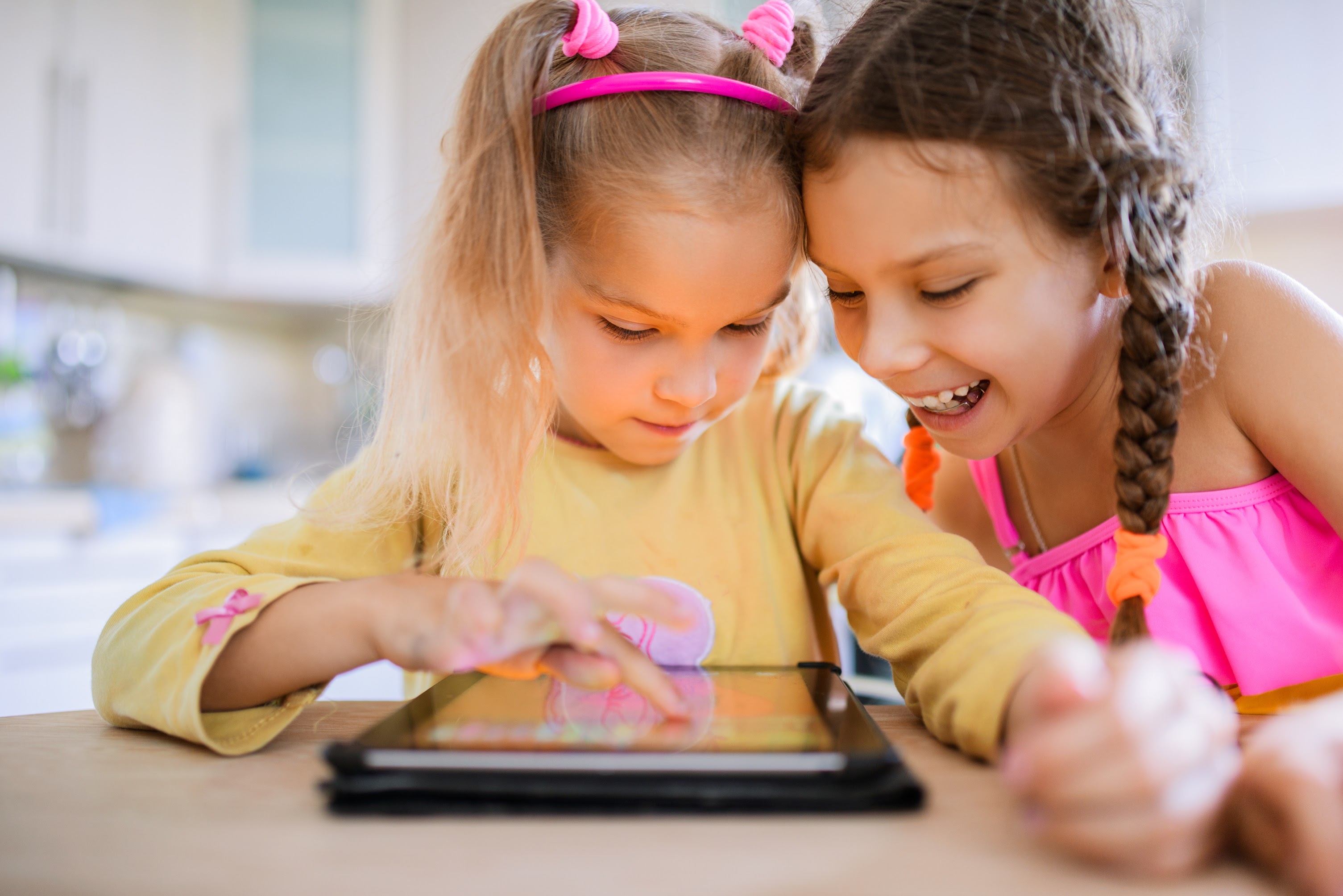Blog
Why are we creating a history app?

We believe that it's important to learn history, teaching the historic development of the peoples make us aware, in first place, about our temporality, to situate ourselves in our own historic circumstance.
The historic process, is not only verified across the time, but also occurs in the space. That's why the maps and the timelines are present in our application, but in a general level, we do not want you to memorize the historic facts but rather understand the circumstances.
Here is a small list about the learning that, from our point of view, are linked to the discovering of the history and evolution:
1. Arouse the curiosity of children and young people by their past. Encourage the study of the social and family backgrounds, as well as those of the region and the nation, helps to take root.
2. Make children and young people to understand that historical knowledge are not definitive acquisitions, but knowledge subject to constant revision. What we know today can be modified by knowledge tomorrow, or it can be put in doubt by new discoveries. The study of history should promote the idea that knowledge is a process of constant renewal, and stimulate critical sense and the spirit of observation.
3. Teach students to read and identify, i.e., to recognize and name, and later build some to make sense of things well together, exercise critical judgment and reasoning.
4. To know other realities. Knowledge of other cultures and traditions is the best way to stimulate the spirit of understanding and tolerance among young people.
5. Learn to handle the complexity of historic events, the social problems. Causes and Consequences of great events with social, ideological, political, generational, economic, technological character...
6. Develop the ability to build mental schemes, trees of causality, maps of differences and similarities...
8. Encourage the development of emotional intelligence, empathy and the ability to engage in dialogue with "the difference".
9. Encourage the hypothetical deductive thinking that can be used in many other fields.
In short, learn, investigate and try to understand other historical moments helps to develop important intellectual and emotional faculties such as sensitivity or awareness.
All this can be done by keeping the fun and pleasant role, it cannot be that a matter that arouses so much curiosity and interest in children become a boring subject because of the lack of materials and resources that can make it interactive. For all this, the next month we will launch the Great Civilization Atlas for kids, we look forward to your constructive criticism.